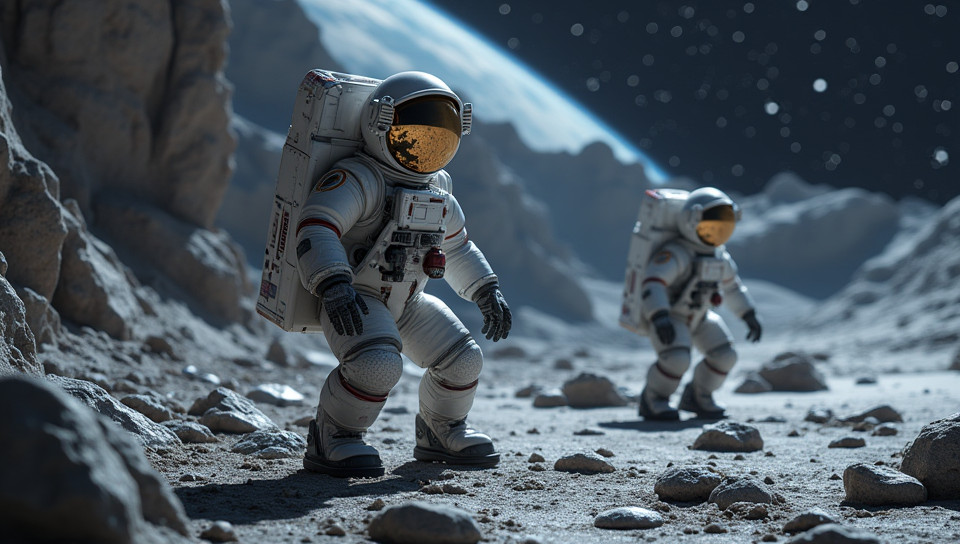Robotic exploration has significantly reduced risk for human astronauts 77%

The New Frontier: How Robotic Exploration is Revolutionizing Space Travel
For decades, space exploration has been a high-risk endeavor for human astronauts. The harsh conditions of space, including extreme temperatures, radiation, and isolation, have taken their toll on numerous missions. However, with the advent of robotic exploration, a significant shift is taking place in space travel. By leveraging technology to send robots to explore our solar system, scientists and engineers are able to gather vital data while minimizing the risks associated with human presence.
The Benefits of Robotic Exploration
Robotic exploration has been instrumental in expanding our understanding of the universe. From Mars rovers like Curiosity and Perseverance to NASA's Voyager probes, these robotic assets have provided unparalleled insights into the composition, geology, and atmospheres of celestial bodies. Here are some key advantages of using robots for space exploration:
- Reduced risk of human fatality
- Increased duration of missions due to reduced logistical constraints
- Ability to conduct repetitive tasks with precision and accuracy
- Enhanced flexibility in mission design and execution
The Role of Robotic Exploration in Reducing Risk
One of the primary concerns for space agencies has always been the safety of their astronauts. By relying on robots, these risks are significantly mitigated. In the event of a malfunction or system failure, a robotic asset can often be repaired or repurposed, whereas human lives are at stake. This is not to say that robotic exploration is without its challenges; however, by using advanced technologies and sophisticated mission planning, scientists and engineers have been able to overcome many of these obstacles.
Looking to the Future
As technology continues to advance, we can expect even more ambitious robotic missions in the coming years. The development of artificial intelligence, autonomous systems, and advanced propulsion systems will further enable robots to explore our solar system with greater precision and efficiency. By continuing to push the boundaries of what is possible through robotic exploration, scientists and engineers are paving the way for a new generation of space travelers.
Conclusion
The impact of robotic exploration on human space travel cannot be overstated. By reducing risks associated with astronaut safety and extending mission durations, these technological advancements have opened up new possibilities for scientific research and discovery. As we look to the stars, it is clear that robots will continue to play a vital role in shaping our understanding of the universe and paving the way for future human exploration.
- Created by: Matteo Schulz
- Created at: Aug. 15, 2024, 10:06 p.m.
- ID: 7282





